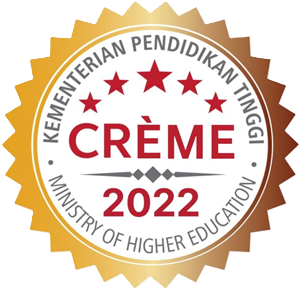ENERGY POTENTIAL OF PROSOPIS JULIFLORA WOOD IN BRAZILIAN CAATINGA BIOME
DOI:
https://doi.org/10.26525/jtfs2025.37.1.1Keywords:
Bioenergy, carbonisation, charcoal, conservation, rural sustainabilityAbstract
Prosopis juliflora (SW.) DC, an invasive exotic plant with energy potential was introduced in rural areas in northeastern Brazil as animal food and timber use. The objective was to evaluate the energy potential of wood from P. juliflora for charcoal production and quality of this plant material, based in the PMQ 3-03 standard, produced in the Caatinga biome, semiarid region of Sergipe, Brazil. Basic density and moisture along the trunk, immediate chemical analysis, structural chemical analysis, higher calorific value wood of gravimetric yield, immediate chemical analysis, bulk density, and higher calorific value of the charcoal of this plant were determined. The volatile material content, fixed carbon, ash, lignin, holocellulose, extractives, and calorific value of P. juliflora wood were 76.61%, 22.28%, 1.11%, 32.55%, 66.52%, 0.83% and 19.70 MJ/kg, respectively. Values of gravimetric performance, pyroligneous liquid, non-condensable gases, volatile materials, fixed carbon, ash, bulk density, calorific value of P. juliflora charcoal were 37.95%, 33.96%, 28.08%, 29.60%, 68.19%, 2.20%, 204 kg m-³ and 27.47 MJ kg-1, respectively. The values of wood and charcoal of P. juliflora indicate its potential for energy production with its properties gathering the PMQ 3-03 standard for domestic use
in rural properties.









